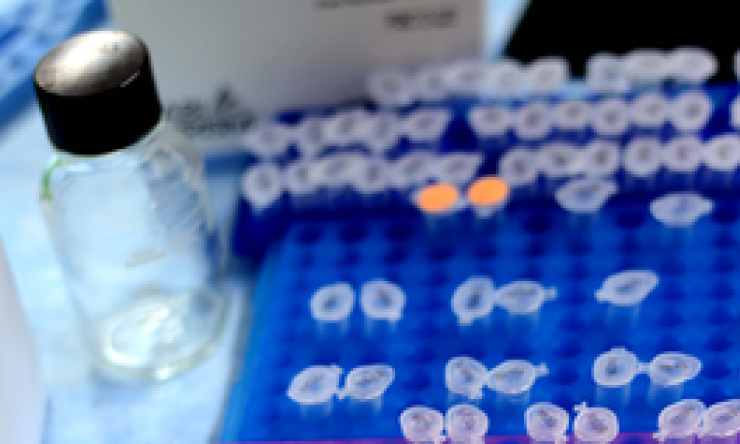Services for Mood Disorders
Generally, mood disorders can be treated with medicines or psychotherapy, or a combination of both. Our clinic includes repetitive transcranial stimulation (rTMS), an FDA-approved therapy for the treatment of medication-resistant major depressive disorder. Furthermore, through our close collaboration with neurosurgical department, we are the first center in the South Central United States to use DBS in the treatment of medication-resistant depression.
- Outpatient Evaluation and Assessment
- Telehealth Services
- Medication Management
- Therapy including Psychotherapy and rTMS
- Clinical Trials
About Mood Disorders
Mood Disorders
Mood disorders are medical problems that affect how you feel. They can impact your moods, thoughts, and actions. Mood disorders include:
- Depression. This causes you to feel sad or hopeless for much of the time.
- Bipolar disorder. This causes extreme mood changes from manic episodes of very high energy to extreme lows of depression.
- Seasonal affective disorder (SAD). This is a type of depression that affects you during the same season each year. Most often people experience SAD during the fall and winter months when days are shorter and there is less light.
Therapy Options
Psychotherapy
The type of psychotherapy (aka therapy or counseling) employed depends on continuing evaluation and feedback, the issue the patient wishes to address and the patient-therapist dynamic. A blended approach may be used to best suit the patient. The goal is always to help individuals understand their illness and teach them strategies and tools to help manage unhealthy thoughts and behaviors.
Our team uses evidence-based therapies, including cognitive-behavioral therapy (CBT) and dialectical behavioral therapy (DBT).
- Cognitive-behavioral therapy is a type of counseling that focuses on changing certain thoughts and behavior patterns to control how you feel. It focuses on thought (cognitive) and action (behavioral). By being aware of your reactions you can begin to change them - both the thoughts and the behaviors. These changes will help you will feel better and help you to avoid or better cope with stress, anxiety, and depression. This kind of thinking also involves calming your mind and body. You can use one or more techniques. These may include meditation, yoga, muscle relaxation, or guided imagery.
- Dialectical behavior therapy is a type of counseling for people who have mental health disorders that impair the ability to regulate emotions, such as borderline personality disorder. This type of therapy may include both individual therapy and group skills training. Therapy focuses on reducing destructive behaviors. It teaches healthy ways to adapt and cope with challenges and feelings of frustration or lack of power. Patients will learn skills related to regulating emotions, interacting in relationships, tolerating distress, and mindfulness meditation.
Brain Stimulation Therapies
Repetitive transcranial magnetic stimulation or rTMS is an FDA-approved therapy for the treatment of psychological conditions such as medication resistant major depressive disorder. The rTMS protocol involves the application of magnetic pulses to target specific brain areas, with the aim of restoring optimal brain function. The patient is awake and the procedure takes place in the doctor's office. rTMS may work when other treatments are unsuccessful. rTMS works by producing changes in neuronal activity in regions of the brain implicated in mood regulation, such as the prefrontal cortex. rTMS treatment is administered over a period of 5-6 weeks, in 20-minute sessions, Monday through Friday. The rTMS treatment is covered by most insurance plans.
Participate in a Clinical Trial
Through Baylor College of Medicine, Baylor Medicine patients are able to participate in clinical trials giving participants access to the latest, most comprehensive diagnostic and treatment options available. See psychiatry-related clinical trials.









